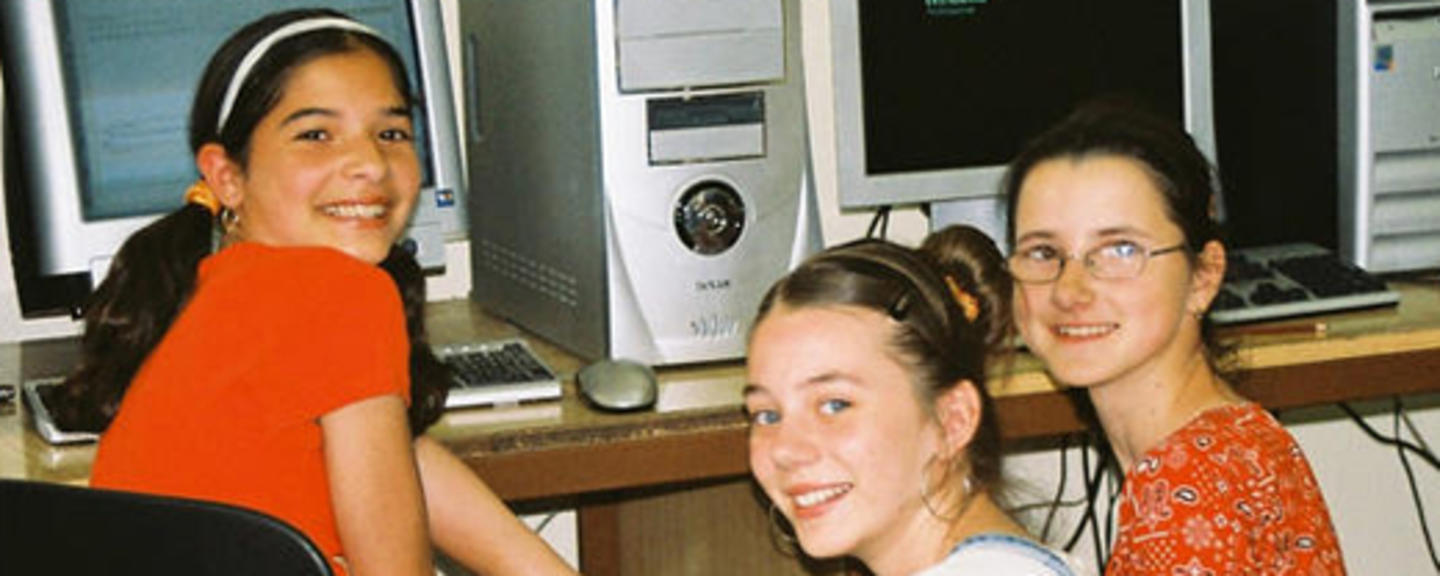The last census in Slovakia in 2001 showed that less than 10% of people over 15 years old claiming to live in Roma settlements were employed. Only 2% were studying. With the support from EEA and Norway Grants, the Wide Open School Foundation in Slovakia is running a project in order to improve Roma children’s access to future jobs.
A lack of higher education is one of the main obstacles of better integration of the Roma population on the labour market. With the project “Equal chance”, the foundation aims to increase the quality of the education for Roma children and to eliminate stereotypes and prejudices in the education system.
The project involves around 800 pupils and 80 teachers from 40 primary schools in Slovakia. The project results will also be accessible for other pupils and teachers and will be used in the teaching process at several schools.
Producing new educational materials
Besides increasing personal and professional competencies of teachers in the area of multicultural education, the project is based upon active involvement of Roma pupils and non-Roma pupils in common activities.
The children have drawn upon their own experiences and collected information to produce photographs, art works and texts related to themes from their everyday lives. The aim is that the children, through collecting and producing ethnographic material, will get a better understanding of their own and of others identity, and that this in turn will lead to social integration of Roma children in schools.
The materials produced may also serve as educational materials in primary schools and as the source of information on how to work with pupils from socially and culturally different environments.
Using modern information technologies
By using modern information technologies like computers, cameras, voice recorders, graphic programs and web applications in the production of educational materials, the children are developing skills that will increase their chances of access to further education and future jobs.
Photo credit: Wide Open School Foundation
